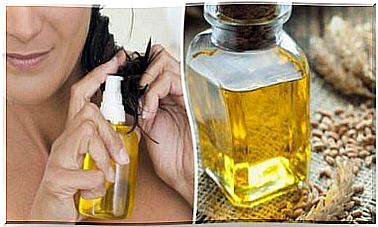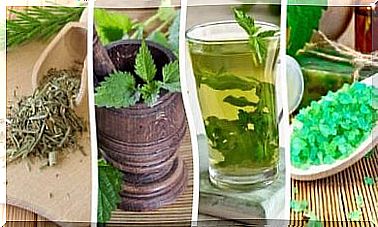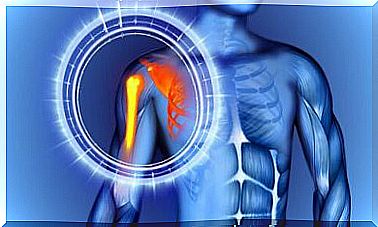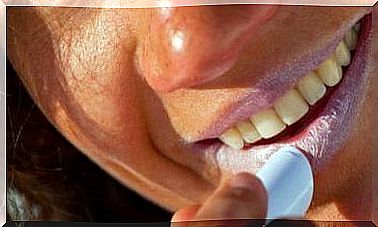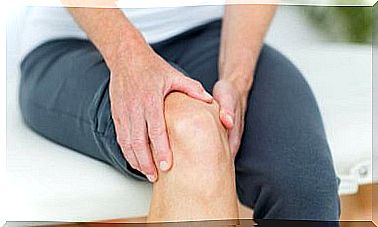Professional Athletes – The Best Diet
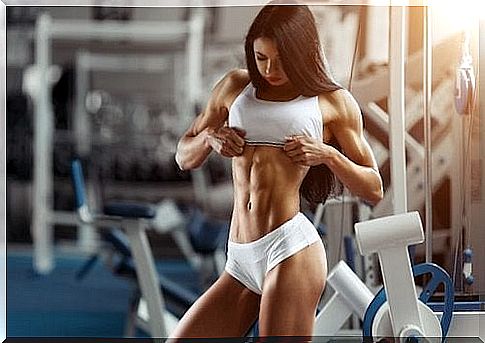
Professional athletes should be adequately hydrated and nourished at all times. For this, consider your training schedule so that you can eat several hours before and after.
You are a sportsman? Are you looking for a diet that will help you improve your physical fitness while keeping you healthy? In this article, we’ll explain what the best diet is for professional athletes.
The Sports Medicine Center of the Ministry of Education, Social Policy and Sports of Spain in its guide “Food, Nutrition and Hydration in Sport” assures that it does not matter if a person is exercising if he or she does not follow a proper diet.
The guide explains that competitive athletes must adhere to a proper and balanced diet before, during and after competition. This is necessary to improve performance.
Your body needs energy
To achieve optimal results in sports, the food you eat must fully meet your caloric requirements. It should also help you maintain a healthy body weight.
For this reason, you must follow a balanced diet that will include a wide variety of foods.
They will provide you with nutrients, proteins, minerals and energy sufficient for proper exercise. Similarly, the diet should adapt to each person’s caloric needs.
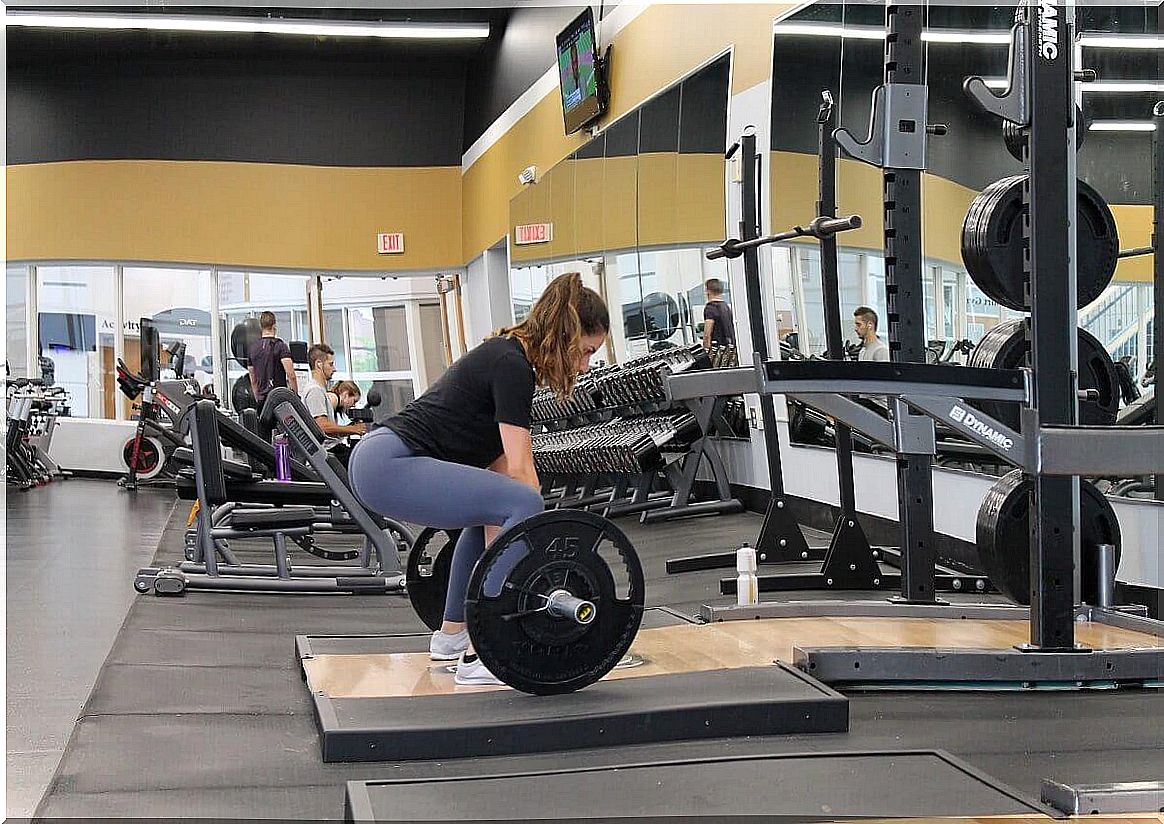
We must take into account the nutritional requirements of each athlete. The diet should be adjusted to, among other things, age, gender, body composition, duration of training, intensity and type of exercise, and environmental temperature.
What’s the best diet for athletes?
A study by the Pennington Biomedical Research Center in Baton Rouge, Louisiana recruited seven professional female athletes.
The aim of the study was to find out how a moderate fat diet affects physical recovery. The variables were as follows.
- Moderate diet in which 35% of energy came from fat.
- A high-carbohydrate diet with only 10% of your energy coming from fat.
The results showed that after the end of physical activity, intramuscular triglyceride (TGIM) reserves returned to normal with a moderate fat diet after 22 hours.
On the other hand, TGIM reserves in women on carbohydrate-rich diets did not stabilize again. Even after 70 hours from the end of physical activity. This showed that a diet for professional athletes should be high in fat.
Fear of weight gain
Many women do not choose this proven diet. This is probably because they feel anxious that by replenishing their triglyceride stores, they may exceed the caloric requirements, thereby increasing the percentage of body fat.

Note that these reserves will deplete faster or slower depending on the duration and intensity of the athlete’s training. If the training is longer than two hours, 70% of intramuscular lipids can be consumed.
Especially in the form of monounsaturated and polyunsaturated fats, because they facilitate the growth of lean tissue (LBM). If you are an athlete, be aware that your fat intake should never be below 15 percent.
What to eat?
It is important to eat healthy, follow a diet, and stay hydrated to maintain or increase your physical performance. For this reason, it is recommended that a diet for high performance athletes include the following from each food group:
Carbohydrates
They are the main fuel for muscles during all physical exertion. Therefore, it is important that athletes eat a diet rich in these macronutrients that provides 60 to 65% of total daily energy.
We recommend eating complex carbohydrates or carbohydrates that are absorbed slowly, such as flour, rice, pasta, corn, bread, oatmeal, and in the case of legumes, lentils, beans and chickpeas.
Fats
They are an essential source of energy and should account for 20-30% of the calories in an athlete’s diet. If you increase this percentage, the consumption of other essential foods may decrease.
This, in turn, can lead to a deficiency of fat-soluble vitamins (A, D, E, K) and essential fatty acids.
Proteins
It is recommended that athletes consume approximately 12 to 15% of the protein in their diet. This requirement can be met by balanced consumption of eggs, meat, fish and dairy products.
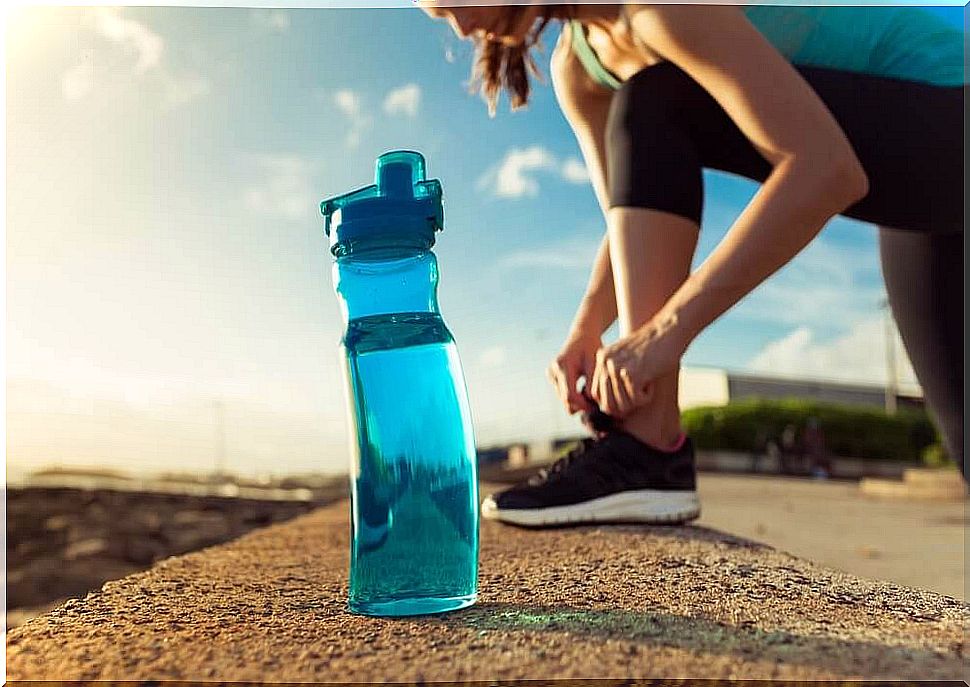
Micronutrients
It is recommended that the diet for athletes be varied, balanced, and rich in plant-based foods. They provide more vitamins and minerals that are essential for our body, because our body cannot produce them on its own.
It is also imperative to eat four to five meals throughout the day to ensure the best energy contribution you need as an athlete.
For this, you should consider your training schedule, as you should eat something a few hours before and afterwards.
The daily energy ratio can be broken down as follows:
- Breakfast: 15-25%
- Lunch: 25-35%
- Afternoon tea: 10-15%
- Dinner: 25-35%
In any case, if you have any doubts, seek professional advice. He will develop a special plan tailored to your needs.
